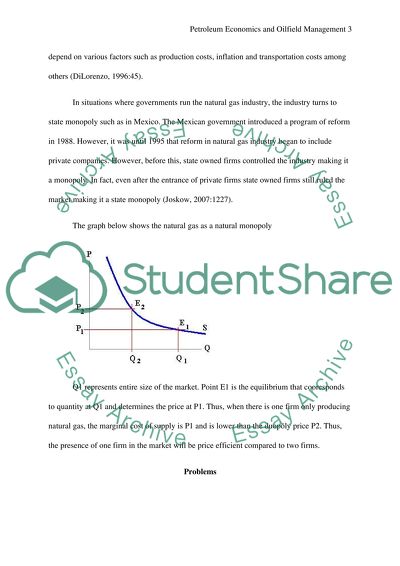Cite this document
(Petroleum Economics and Oil Field Management Coursework, n.d.)
Petroleum Economics and Oil Field Management Coursework. Retrieved from https://studentshare.org/macro-microeconomics/1633790-petroleum-economic-and-oil-field-management-2013-2014
Petroleum Economics and Oil Field Management Coursework. Retrieved from https://studentshare.org/macro-microeconomics/1633790-petroleum-economic-and-oil-field-management-2013-2014
(Petroleum Economics and Oil Field Management Coursework)
Petroleum Economics and Oil Field Management Coursework. https://studentshare.org/macro-microeconomics/1633790-petroleum-economic-and-oil-field-management-2013-2014.
Petroleum Economics and Oil Field Management Coursework. https://studentshare.org/macro-microeconomics/1633790-petroleum-economic-and-oil-field-management-2013-2014.
“Petroleum Economics and Oil Field Management Coursework”. https://studentshare.org/macro-microeconomics/1633790-petroleum-economic-and-oil-field-management-2013-2014.


